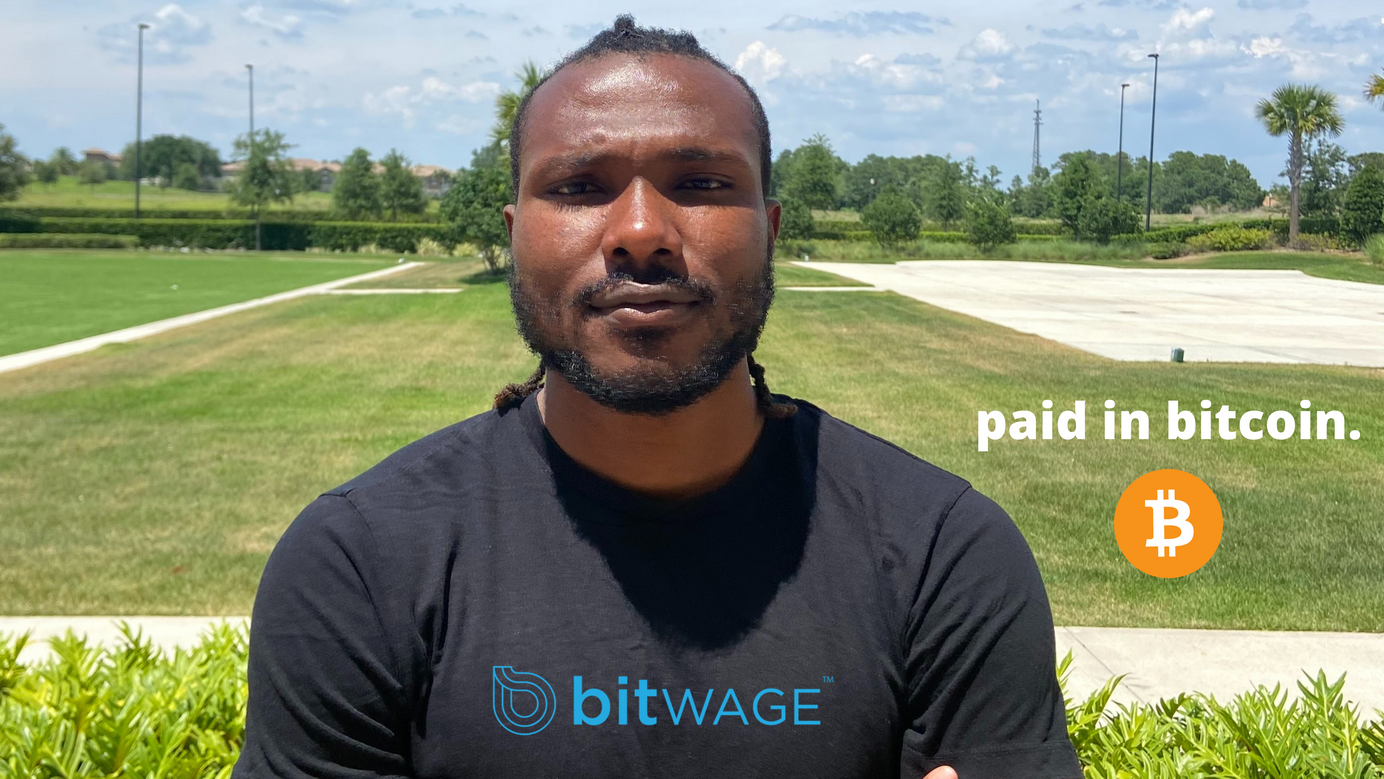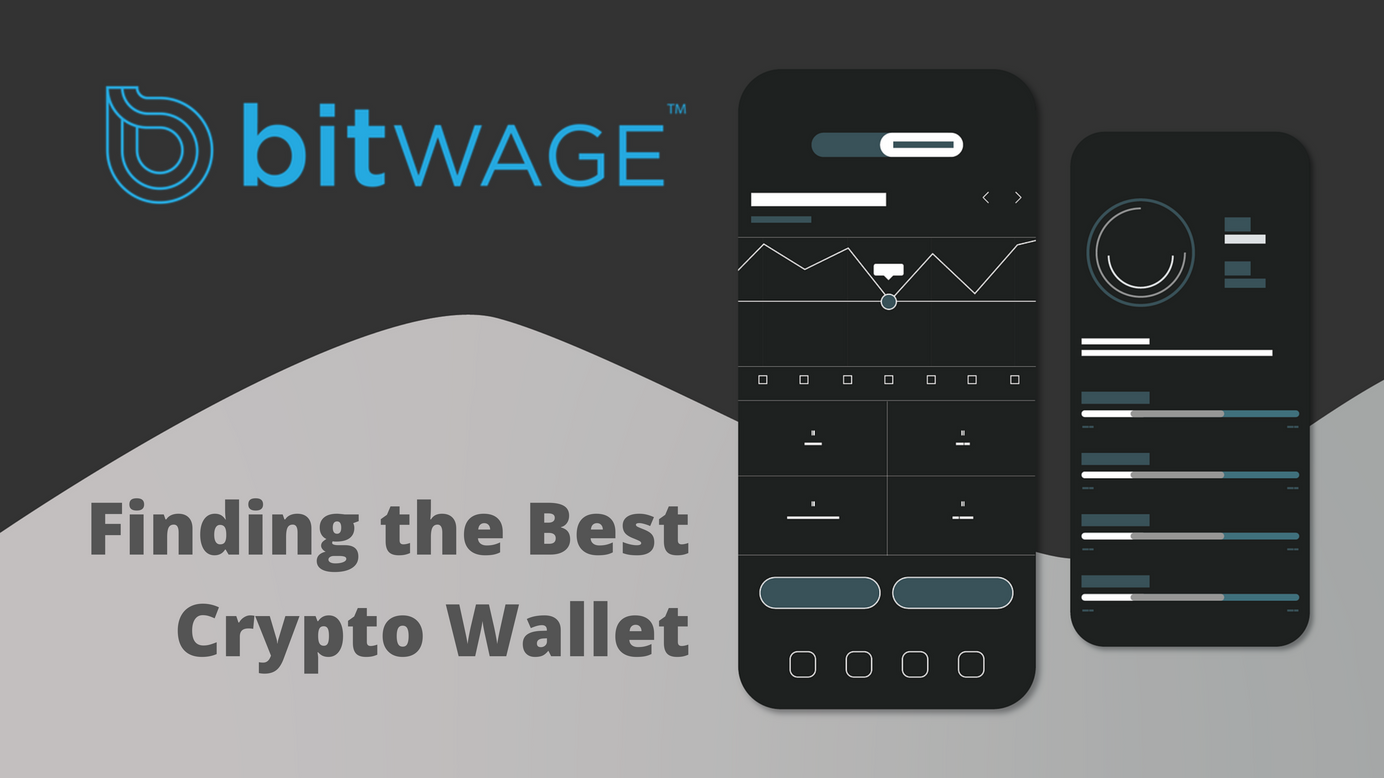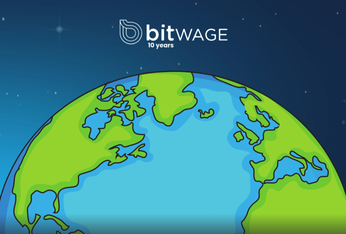
How To Freelance: The Ultimate Guide
Table of Contents
Freelancing has been a rapidly growing trend since the beginning of the dot-com era, and there are now nearly 54 million freelancers in the America. That’s over a third of the US workforce!
This shouldn’t come as any wonder; Americans have taken up freelancing for a diversity of reasons. Whether it be to earn a few extra bucks when they aren’t at their 9 to 5 or freelancing full-time to gain autonomy over their projects and time.

So What is Freelancing?
Freelancing is the act of doing work independently as a self-employed agent that doesn’t commit to an employer long-term. There are several different kinds of freelancers, and one may be more fitting for you than another. Those are independent contractors, moonlighters, diversified workers, temporary workers and freelance business owners who may employ a team of specialty workers to fulfill bigger projects.

(source: Freelancers Union & Upwork)
The benefits that freelancing brings about are why half of all freelancers say they wouldn’t stop freelancing for any amount of money. Freelancing is easier now than in any previous time. A few taps on your phone and you can be picking up Uber riders or doing someone else’s tasks. There are even websites like UpWork, 99designs, and TaskRabbit that help match contract workers with opportunities.
Tips & Tricks of the Trade
These solo-entrepreneurs and not so solo entrepreneurs are popping up everywhere, some good and others great. So here’s a few tips for you aspiring freelancers who want to differentiate themselves and legitimize their solo-business as much as possible.
Getting Work
Without work, a freelancer is an unemployed freelancer, and this can feel like the scariest part of going all in. To start, you should always let your friends, family and past coworkers know that you started freelancing because they are the most likely to refer you. Update your social media accounts about what you are freelancing in; some people can use these social platforms exclusively to find work since you can contact decision makers directly. For this, you are going to want to sign up for one of Linkedin’s premium accounts.
Additionally, you are going to want to sign up for one of the major freelancing sites like Upwork, Freelance, Guru, 99designs, Freelancer, TopTal, Craigslist, Fiverr or any of the top sites. Figure out which works best for you and try to do the majority of your projects on one of those sites; so, you can build a reputation around yourself.
Job boards are another good way to find work. AngelList has a great job board which mainly comprises of startups but there are more in niche areas where not a lot of freelancers compete.
Long Term Gigs
Sometimes you will be presented to work with a client over an extended period. These can be great because it assures you a steadier income stream. However, these customers will usually want to “try before they buy” which can be off-putting. You may be forced to take a lower wage than usual or no payment at all for the first small project if you don’t have a portfolio, but I would encourage you to take the leap of faith. You should want to define precisely, the length of time and amount of work you are doing for free. There’s a big difference between a free sample and a free meal. Just because you are doing something for free doesn’t mean that the work shouldn’t be your best, especially if you’re trying to build a relationship.
Getting A Place To Work
You may find working at home nice, but there’s a ton of distractions when you’re working at home. You may start doing laundry, watching tv, preparing nice meals and all of this takes away from your productivity. Coffee shops may work for a short time but if you’re there all day you might risk getting kicked out.
Full-time freelancers should consider working at a coworking space or an incubator where you can rent a desk. This may seem like a big cost, but it can pay for itself. Lots of projects require skills that you or others at the space may not have. Your friend may be an awesome marketer, but they need you, a graphic designer, to help you put together an ebook; so, a coworking space could end up paying for itself because of the extra work that comes your way. Working with other freelancers makes your finished product have a lot higher value since your client does not need to search for three different people to do a project.
If you are feeling adventurous, you can even work in a remote location since there are coworking spaces everywhere, and they can be pretty cheap in developing countries. Check out DesksNearMe or WeWork.
Personal Website
Nothing says that you are serious and professional more than having your own website with your relevant skills listed, links to your work and recommendations. Whether you’re a marketer like Sujan Patel or a graphic designer like Marisa Passos, you have to let your digital presence do the bragging for you. It will save you time and an employer time when they don't have to ask you a million questions. Having your own blog on your web page is another step up, it gives you a chance to talk about your expertise and become a thought leader on a particular subject. A blog also allows search engines to find you easier if you’re producing great content. This will let potential clients come to you instead of you having to search for work.

If you don’t have anything to put in your portfolio, build a few things for yourself, family, friends or nonprofits with having an explicit goal to get referrals out of the arrangement. You aren’t going to be getting paid what you want, but these people will likely come back to you in the future since you have a relationship. You can also start a small recurring revenue stream for upkeeping whatever you made, such as if you rebuilt their website for them.
If you don’t feel like building your own Wordpress site or coding something up from scratch, there are a few places you can host your portfolio. You can host your portfolio on Coroflot, Behance (which also have job boards) or Carbonmade (featured below).
 (Shane O'Brien, Copywriter & Screenwriter)
(Shane O'Brien, Copywriter & Screenwriter)
Know Your Worth
As a freelancer, it’s important to know your worth. You may have been making $20 an hour at your full-time job, but that doesn’t account for health insurance, retirement plans, the cost of materials and other perks. You have to consider all of these costs when determining your price. What tools that cost money will save you time and make you more productive. There’s a delicate balance: you don’t want to overcharge and leave your client unsatisfied, yet you don’t want to undercharge and appear cheap.
“Nothing is more rewarding than handing off a deliverable to a client and hearing their enthusiasm over the phone. Well, nothing except seeing their payment hit your bank account."
― J. Melissa Cooper, Author of Freelance Nation
The best way to make your client happy and yourself is to know what you’re worth. To do that, post a fake hire and see what others are charging for comparable work. Not only will you find out what to charge yourself, but you will also see how to approach a potential client.
Communicating With Clients
You always want to treat your customers with respect; although, clients can be overbearing, especially if they are micromanagers. Talking is also quite time-consuming. People today expect to track your work the same way they track their Amazon packages, constant updates of when it’s processed and notified at every post office it checks in at. To make your life a little easier, you should consider using a tool like Trello or Basecamp. This allows you to organize your work and allows your client to see how far along you are on the project. If you are a procrastinator, these tools will help you stay on top of your work because your client will frequently check in.
If you’re a writer, keep it simple and use Google Docs. There’s nothing worse than writing or doing something that someone doesn’t like and won’t use. These tools help you keep a constant dialogue with your client without filling up your inbox.
Tracking Your Time
In case you aren’t paid on a project basis, think about using a time tracking tool like Hubstaff. Hubstaff not only allows you to track your time but also your activity level and creates in-depth reports for you. When guesstimating your hours either you or your client ends up getting cheated, which could cost you money or future business. Having a great time tracking app is not only helpful for you to stay organized, but it can be used as proof for your client, which will make them feel comfortable that you are not cheating them.
If something simpler is what you are looking for, there are several phone and desktop apps that may fit your needs such as HoursTracker, MyHours, or Hours.
Doing Business As
One great way to make your freelancing business seem more professional is to register for a “Doing Business As” (DBA) License. This enables you to brand your services more efficiently, because instead of operating under your name you can legally function as something like “Freelancer Consulting Services”. In fact, not only is this an excellent idea for your brand’s marketability it may actually be required in your state.
Depending on what type of freelancer you are, you might have another steady income stream from an employer, and it could be beneficial to utilize the Federal Tax Id Number (FEIN) to differentiate your income streams since you already paid taxes on one.
There’s a reason some freelancers earn more than others, and it isn’t always about being better, sometimes it’s just about appearing better in a sea of people competing for the same job. Getting a DBA license is a significant step forward to start differentiating yourself.
Freelancers that differentiate themselves by creating a brand and adding credibility to it tend to make more. In fact, 60% of freelancers earn more than they would in a typical job and 78% of those freelancers said they started earning more within the first year! So, you’re already off to a good start on those chances, but that differentiator is probably how you can land yourself in the proportion of people that earn more.
Banking & Getting Paid
Not only is a Doing Business As license ideal for the public’s perception of your business many banks require it if you want to open a business account. Having a business account not only helps you organize your accounting but also opens up a range of financial services that you can provide your business with extra credit when you need it.
Having a business account makes it easier to separate your personal transactions from your business transactions and see your tax deductible purchases. This will save you a lot of time when it comes to tax season, and your accountant will thank you. Many banks offer free business checking accounts, which makes accepting freelancer payments simple, check them out here.
With your business account and your work done, it’s time to get paid. Always send an invoice for your records and the employing company's records. There's plenty of free invoicing tools out there, even we offer one and it's easier than ever to send money online (especially with us since the sender doesn't have to sign up). If you have a reputable portfolio, you may even be able to get paid partially or wholly upfront, which is awesome.
Make sure to give your clients a pay by date, so they have a definitive time to pay you by and give them weekly updates in case they forget. If you are requesting a bank or wire transfer make sure to include your bank and routing number so there isn't a lot of going back and forth for necessary information. The more relaxed you are about getting paid, the more relaxed whoever is paying you will be, plus waiting three months to get paid is not professional and causes others not to take you seriously.
Don’t Overwork Yourself
Feeling overworked can be a real drag on the quality of your work and your mood. This holds especially true for moonlighters who work a typical day job. That’s why staying on track with project management tools are important because you don’t want to procrastinate and get backlogged. Try not to work over 50 hours a week since that's when your productivity tends to fall.
If you ever do feel overworked, take a break, go on a short vacation with part of the extra money you earned or work in a paradise. There are many co-living spaces around the world like Roam that offer short term leases in amazing destinations. Who says you have to work where you are now?
“Freelancing is tough. It can be very difficult, in fact. It can wear people down, making them lose sight of what they used to love because they have to do everything else just to get by.”
― Mason Hipp, James Chartrand - The Unlimited Freelancer
Remember why you started freelancing! Do the work you love and want to do, make it satisfying. Don’t work for bad clients, because you have the freedom to choose who you want to work for.
Benefits for Businesses
Freelancers are great for companies too! No longer do companies have to hire an employee for a three-month project or pay someone a full-time salary for a 4-hour a day job and then have them do meaningless tasks to fill that employee’s free time. Freelancers also keep startups lean, no more giving up precious equity to people who aren’t essential to your business and you can keep your office small by hiring remote workers.
If you are a freelancer that needs to employ other freelancers for your project you should now know where to look. But, for those last minute crunch time jobs, I’d suggest checking out Konsus. Konsus is on demand freelancers; so, you can outsource some of your work and wake up in the morning with the daunting tasks done. Working with other freelancers is key to growing as a freelancer yourself; therefore, don’t be afraid to split up tasks.
Conclusion
In conclusion, these tips and tools should make you the ultimate freelancer whether you’re an independent contractor, moonlighter or a full-timer. You should now be able to find work, increase your perceived and actual value, get paid and enjoy the rest of your day. For those of you that have been hesitating about making the switch, there’s no better time than today; so, get started!
If you enjoyed this post, please comment below, share us on twitter or like us on facebook.
*Photo by Nicole Honeywill on Unsplash
*









